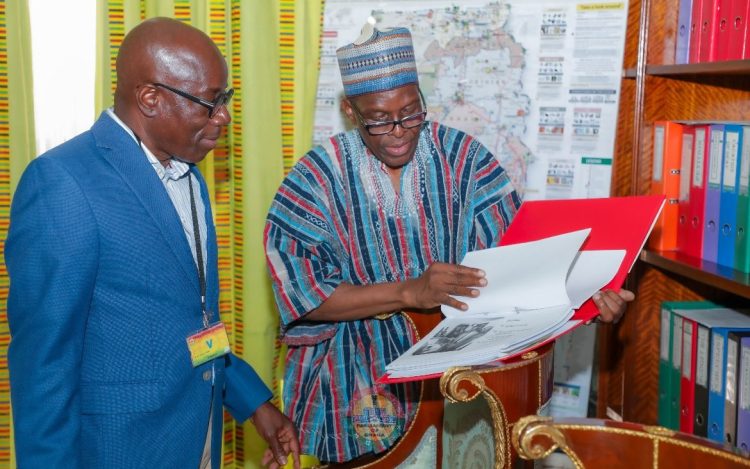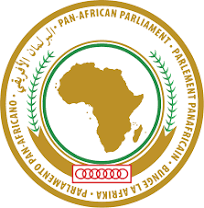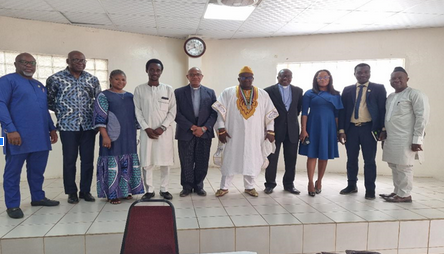Overview The Project sought to use an innovative approach to monitoring the effectiveness of the Parliament of Ghana’s lawmaking functions by stimulating debate on existing pieces of legislation with a view to filling the gaps and/or influencing their amendments. The project focused on tracking and monitoring legislation to determine the extent to which laws have been successfully […]
Overview The African Development Bank’s (AfDB) parliamentary strengthening programme seeks to enable parliaments to promote good financial governance through enhanced oversight, scrutiny and accountability in public financial management. To this end, this project was designed to assist the AfDB in its efforts at strengthening the capacity of African Parliaments, particularly public accounts, budget and finance committees in[…]
Overview In 2018, ACEPA was contracted by the Commonwealth Initiative on Freedom of Religion or Belief (CIFoRB) and the Edward Cadbury Centre, University of Birmingham, UK, to facilitate the organization of a Commonwealth West Africa Roundtable on Freedom of Religion or Belief in Accra, Ghana. This was as a result of the CIFoRB’s belief that parliamentarians and[…]
Overview The project aimed at strengthening systems of oversight within East African parliaments, particularly at the level of the portfolio committees. The goal was to have portfolio committees engage more meaningfully on issues within sectors they are responsible for, enhance the effectiveness with which they interrogate departmental reports, and use evidence to back their oversight work. The[…]
Overview This project was about assessing the revised Pan African Parliament (PAP) Protocol, with the aim of determining the potential implications, both positive and negative, of implementing the revised protocol on the PAP as an organ of the African Union and on its members at national level. The assessment was to assist PAP to design a comprehensive[…]
COUNTRY Nigeria STRUCTURE OF PARLIAMENT Bicameral SESSION The 19th Assembly TERM Four (4) years (since 2019) SEATS 469109 Senators360 Representatives GENDER REPRESENTATION Male 239 Female 36 LEADERSHIP Senate President – Ahmed Ibrahim Lawan (since June 20)Deputy Senate President –Ovie Omo-AgegeSpeaker of the House – Femi Gbajabiamila (since 11 June 2019)Deputy Speaker – Ahmed Wase Website www.nass.gov.ng COUNTRY Uganda STRUCTURE OF PARLIAMENT Unicameral SESSION[…]
Overview The ECOWAS Parliament was established under articles 6 and 13 of the ECOWAS Revised Treaty of 1993. The Protocol relating to the Parliament was signed in Abuja on the 6th August, 1994 and entered into force on 14th March, 2002. In 2006, a Supplementary Protocol was adopted to modify the structure, composition, competence and other issues[…]
Overview The FoRBLN is implemented by a three-tier consortium and seeks to create a leadership network involving parliamentarians and belief leaders across eight countries to address the legislative barriers to freedom of religion or belief (FoRB) and the social mores that support societal hostility towards minority groups on account of their religion or belief. This leadership will[…]
As part of efforts to raise the visibility of the Gambia caucus on Freedom of Religion or Belief (FoRB), foster regular engagement between caucus members and The Gambian public, the African Centre for Parliamentary Affairs (ACEPA) and its partners and in collaboration with the National Assembly of The Gambia, organized one-day seminar on the theme: FoRB, Religious[…]
Overview The Public Financial Management Reform Project (PFMRP) was part of a longer-term strategy aimed at improving budget management, financial control, and reporting. The long-term strategy (PFMRS) serves as a National strategic document to guide the development of Ghana’s PFM programmes. The goal of the strategy is to establish efficient, transparent and accountable resource mobilization, allocation, management[…]




